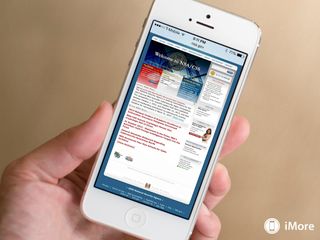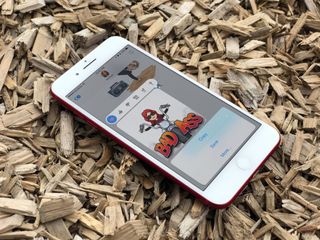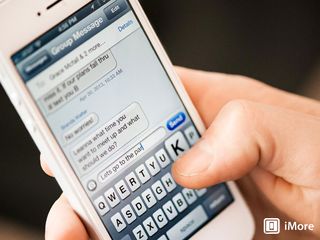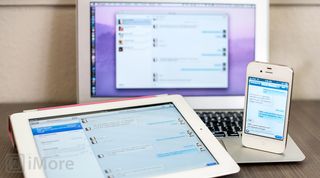Encryption
Latest about Encryption
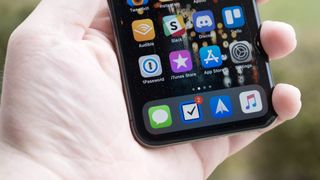
Apple urges the UK to rethink anti-encryption plans that would change iMessage forever
By Oliver Haslam published
The U.K. government is considering a bill that would force messaging apps to break encryption and Apple has urged a rethink.
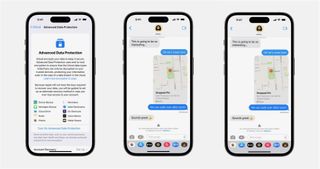
Apple announces full iCloud encryption is coming alongside other new security tools
By Bryan M Wolfe published
Big changes are coming in terms of security on Apple devices.
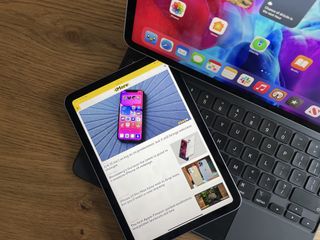
Safari bookmarks aren't end-to-end encrypted despite Apple saying they were
By Oliver Haslam published
Apple said its Safari bookmarks were encrypted, but now they aren't. And likely never were.
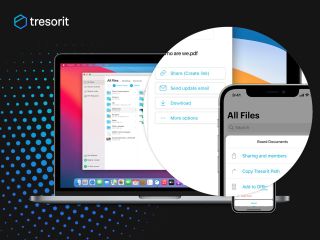
If your company needs an encryption service, look no further than Tresorit
By Michelle Haag last updated
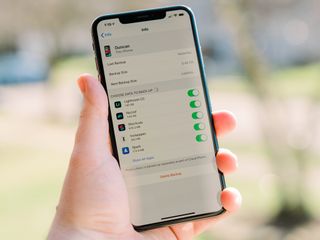
Securing iCloud: Why it's time for an end-to-end encryption option for our backups
By Joseph Keller published
End-to-end encryption is a useful tool for digital security and privacy. But should Apple implement it for iCloud backups?
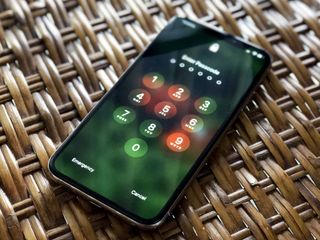
District Attorney Cy Vance Jr. thinks Apple has an iPhone backdoor because they can send him messages
By Oliver Haslam published
Manhattan District Attorney Cy Vance Jr. thinks Apple has an iPhone backdoor because they can send him messages and upgrade iOS.
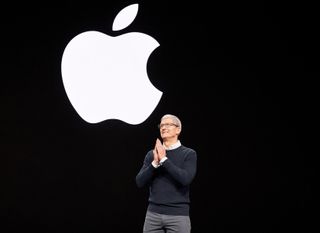
U.S. Senators threaten Apple with regulations over data encryption
By Stephen Warwick published
U.S. Senators have threatened both Apple and Facebook with the prospect of regulations over data if they do not make encrypted data accessible to law enforcement.
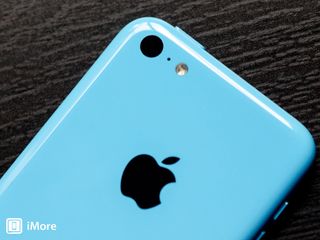
San Bernardino shooter's iPhone Apple ID password was changed while in government custody
By Dan Thorp-Lancaster last updated
Apple has revealed that the Apple ID password for the San Bernardino shooter's iPhone was changed after it was in government custody, making accessing its contents much more difficult.
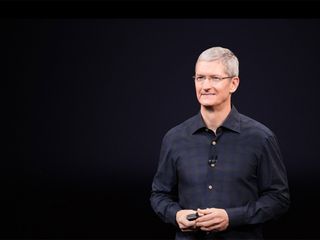
Apple opposes court order, says it won't create a backdoor to unlock the iPhone
By Harish Jonnalagadda last updated
iMore offers spot-on advice and guidance from our team of experts, with decades of Apple device experience to lean on. Learn more with iMore!
